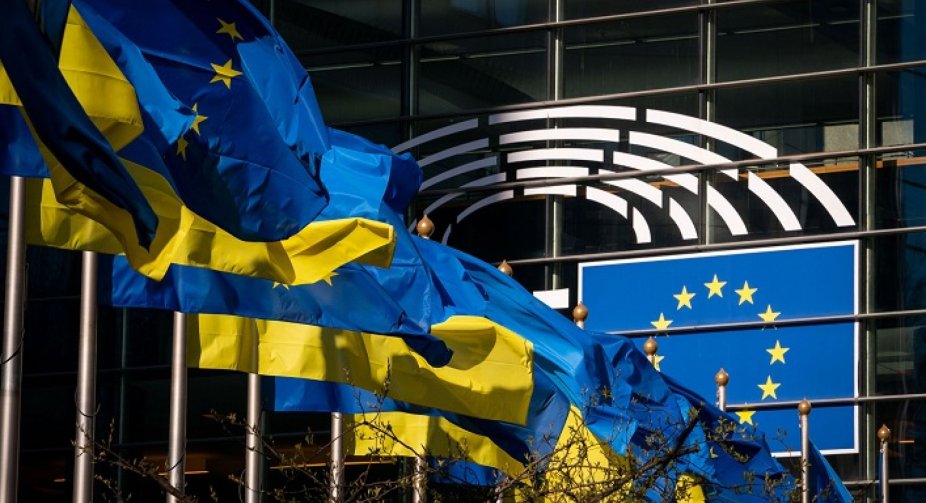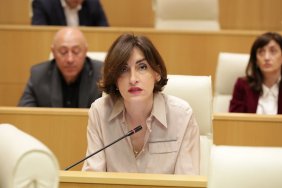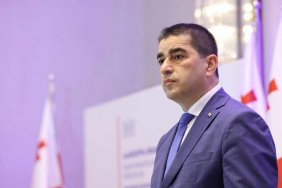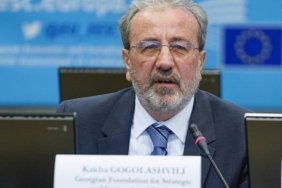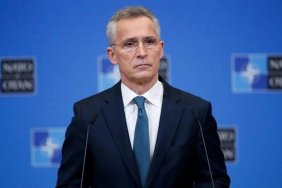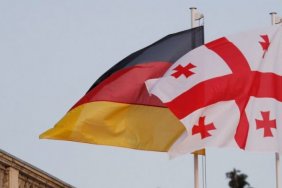Despite discussions on utilizing revenues from frozen Russian assets to aid Ukraine, it appears unlikely that EU leaders will reach a decision on the matter, as Thursday marks the commencement of a two-day summit of EU member states in Brussels, with Ukraine dominating the agenda.
The European Commission has proposed allocating 90 percent of the profits from these frozen assets towards the purchase of weapons for Ukraine. However, a senior diplomat speaking to German broadcaster DW on condition of anonymity revealed that the opposition from Hungary poses a significant obstacle to this proposal.
Another contentious issue is the timing of negotiations with Ukraine and Moldova regarding their potential accession to the bloc. While some member states support initiating these negotiations during Belgium's presidency in the EU, which extends until July 1, 2024, others remain opposed. The specific states in opposition were not disclosed by the source.
The decision to commence negotiations with Ukraine and Moldova was made during the December 2023 summit, with Georgia also granted candidate status for EU membership. Subsequently, in January 2024, the European Commission began drafting a framework for negotiations with Ukraine and Moldova. However, the adoption of this document and the initiation date for negotiations require the unanimous support of all 27 EU member states.
During the December 14, 2023 European Council meeting in Brussels, Hungarian Prime Minister Viktor Orbán protested the decision to initiate negotiations with Ukraine for EU membership.
Orbán's temporary departure from the meeting led to speculation about behind-the-scenes maneuvering, with media reports suggesting that the move was orchestrated by the German Chancellor. Despite Orbán's absence, the remaining 26 EU countries proceeded to vote in favor of initiating negotiations with Ukraine, as Hungary refrained from exercising its veto power, rendering the decision legally binding.
